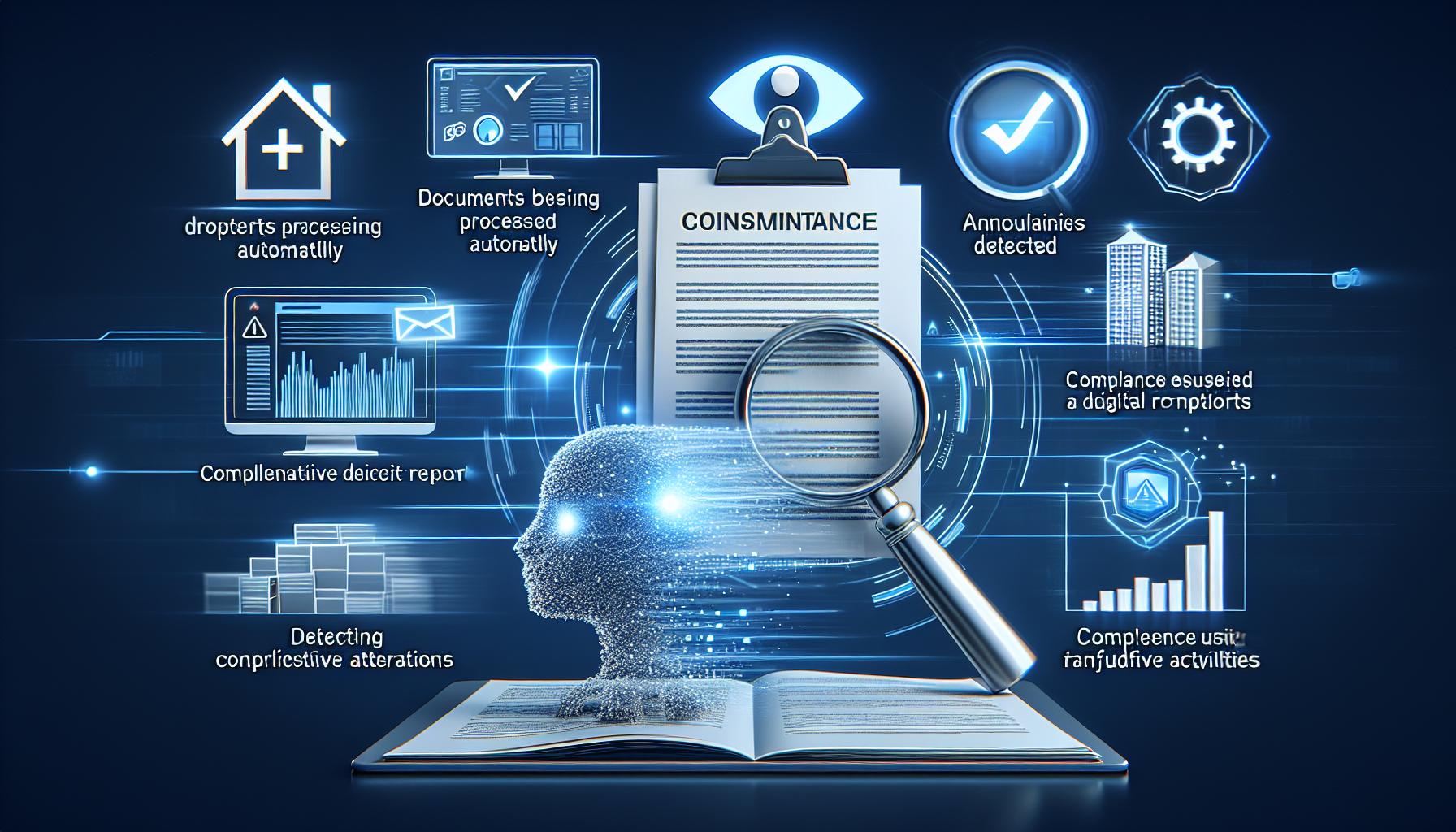Streamlined Closings: Automating Real Estate Transactions with AI

Introduction
The pervasiveness of emerging technologies, such as Artificial Intelligence, is driving seamless transformations in various industries, with real estate being no exception. The closing process in real estate transactions, which traditionally involves a multitude of paperwork, legal intricacies, and potential error zones, is now being streamlined with AI's intervention.
The Power of A.I. in Real Estate
AIís capabilities offer a gamut of solutions to automate and simplify complex tasks. Its core strength lies in its ability to replace manual processes, reduce errors, streamline operations, and facilitate quicker, more informed decision making.
AI in Documentation Automation
AI simplifies the documentation process by automating the creation, review, and management of contracts. It does so by utilizing natural language processing, an A.I. component that interprets human language, making it possible to produce complex legal documents swiftly without human intervention. This significantly shaves off the time taken in customary real estate transactions.
AI in Anomaly Detection
With AI's advanced machine learning algorithms, it becomes possible to extract and analyze vast datasets from multiple sources. As such, the system can identify patterns and detect anomalies in transactions, effectively revealing any inconsistencies that deviate from standard practices.
AI in Compliance Assurance
Regulatory compliance is a critical factor in real estate transactions. A.I. solutions are equipped to identify non-compliant transactions, streamline regulatory processes, and simplify reporting mechanisms, thereby ensuring complete adherence to regulations.
AI in Fraud Detection and Security Assurance
In terms of security, the A.I. technology has an upper hand as it can meticulously analyze vast amounts of data to pinpoint suspicious patterns and potential fraud. The system checks each transaction against previously identified fraud indicators to ensure an extra layer of security. Furthermore, AI-powered predictive analytics can forecast potential future threats and propose preventive measures.
Conclusion
Adopting A.I. for the real estate closing process drastically lowers the propensity for errors and accelerates transactions, thus optimizing efficiency and profitability in the long run. With the continuous advancements in AI, there is significant potential for its use in the real estate industry to transform into a mainstream reality soon.




